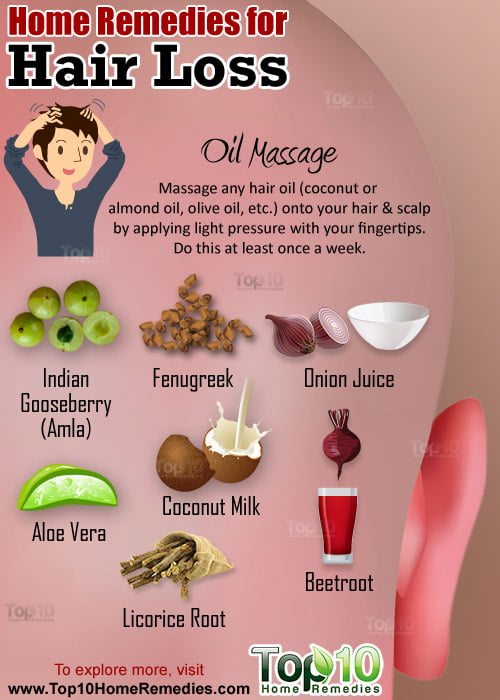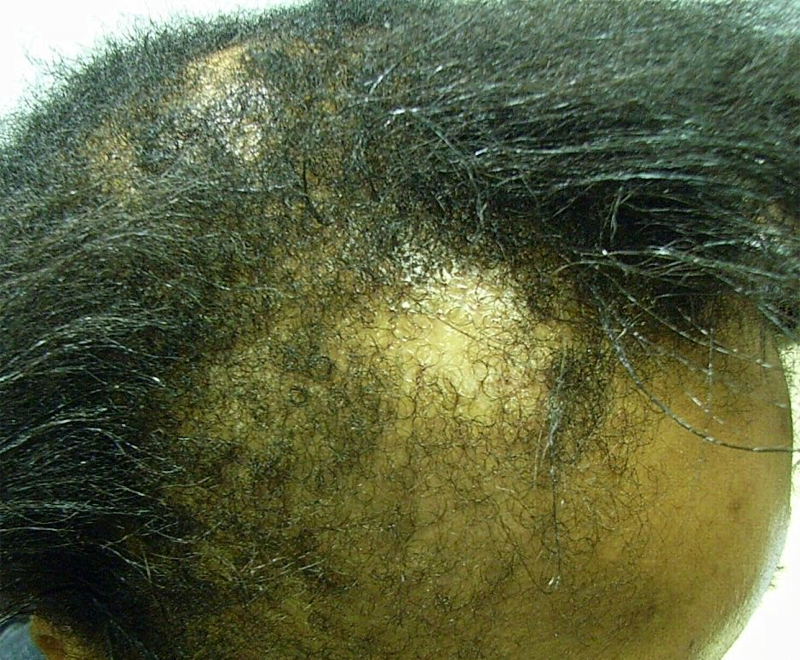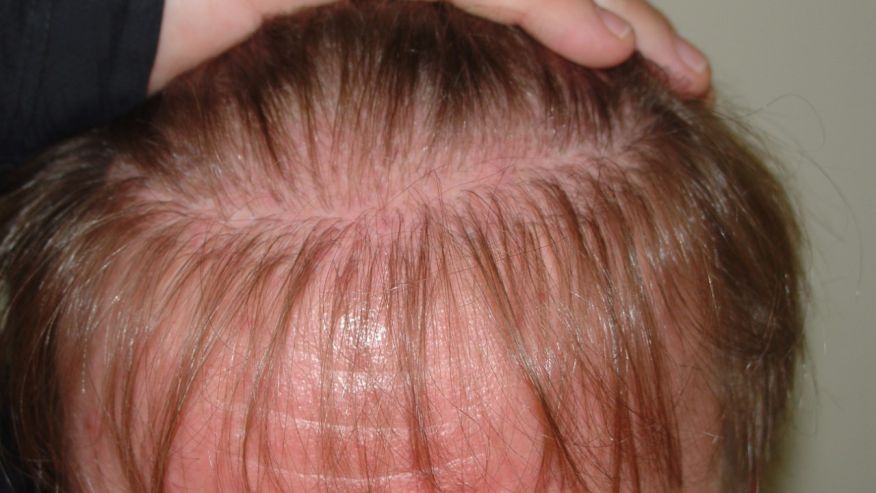
Thinning hair and hair shedding are two of the most common concerns which trichologist Lisa Caddy tackles daily at the Philip Kingsley Clinic in London. Here she explains why you might be experiencing thinning hair and how to find a solution for the hair loss.
Don’t put off getting your hair loss treated
Female pattern hair loss (thinning to the top area) is a progressive condition – seek treatment as soon as you notice a problem – don’t leave it too late as a trichologist will be able to protect the head from further loss.
What causes hair shedding?
The most common cause is deficient nutrition. The best way to fix this is to eat a healthy, balanced diet that contains all essential food groups, vitamins and minerals. Most patients know protein (eggs, chicken, fish, red meat) is key to hair health, but then cut back on carbs. Dieters, vegans and vegetarians often find they miss out certain food groups and see a reduction in density as a result of excessive shedding or a deterioration in hair quality.
There may also be a vitamin or mineral deficiency – we often suggest patients have a blood test to determine this. Low iron levels and anaemia can cause thinning hair.
How long before my hair will grow back?
You must eat consistently well for at least 12 weeks to see a difference and continue doing so if you want the improvement to remain.
Can I make my strands thicker?
Sadly not – the size of each individual hair is dependent on the size of the follicle where it grows on the scalp. Some people’s hair follicles are wider than others. However, you can improve the quality of the strands and make them stronger by improving your diet.
Is it true contraception can affect my hair?
Whether you use a contraceptive pill, implant or IUD, they are releasing hormones into the body. As such they may disrupt normal hair growth and patterns.
What about other hormonal issues?
If a patient comes to us with thinning hair, acne and irregular menstruation acne, it may suggest a hormonal imbalance so we may recommend a blood test as these, alongside other key symptoms could indicate Polycystic Ovary Syndrome (PCOS) which requires medical intervention as well as lifestyle adjustments.
Why anxiety about hair loss can make it worse
Unfortunately, once people become hair aware they can become obsessed with hair loss. I see patients who come to the clinic clutching bags of their hair which they’ve collected to show how much they are shedding. So often it is not just a physical problem, but also a psychological one and anxiety surrounding hair loss exacerbates the issue. The key piece of advice is to make an appointment with one of our trichologists as early on as possible. That’s why our motto is ‘we’ll do the worrying for you.’
Soothe your scalp
As hair growth is highly dependent on the health of the scalp, it’s crucial to look after it as you do the skin on your face.
Hair masks are a great way to replenish moisture levels in the hair shaft and our most popular is our Elasticizer, originally created for Audrey Hepburn. Pre-shampoo treatments won’t leave the hair heavy and will help to reduce the effects of humidity on the hair.
Many things that affect the skin on your face can affect the skin on your scalp. For instance, those who are prone to facial acne are also more likely to get an oily scalp and possibly acne or pustules so I recommend using a scalp toner such as Philip Kingsley Scalp Toner which is a great way to maintain good scalp health along with a weekly application of Exfoliating Scalp Mask from the range.
Hydrate, hydrate, hydrate
Keeping your hair hydrated and supple during the summer is also important – always wear a hat in strong sun or spray with a shield before going outside.
With regard to humidity, summer heat is full of moisture and the moisture penetrates hair strands making it go into its natural form.
City dwellers will find pollution can coat your hair and make it dull and dirty so sometimes shampooing daily is essential. It is worth having a monthly treatment to give your hair a boost of hydration, too.

















